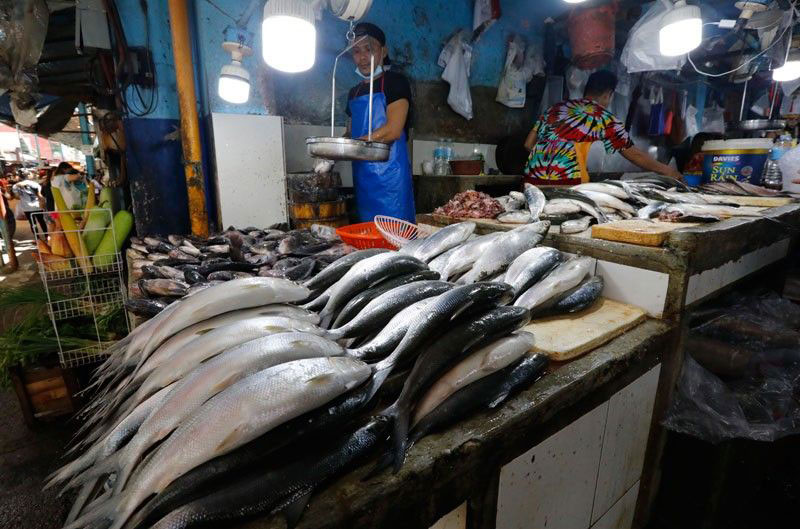Inflation top concern of Pinoys — Pulse Asia

By Kyle Aristophere T. Atienza, Reporter
INFLATION remained the top concern of most Filipinos, according to a poll by Pulse Asia Research, Inc. in June.
Three of five Filipinos or 63% of the 1,200 respondents said the government should do something about rising prices.
It was followed by the need to increase wages (44%), create more jobs (31%) and reduce poverty (30%), Pulse Asia said.
The poll results from June 19 to 23 were virtually unchanged from March to June, it said.
Controlling inflation was the top concern across all income classes, hitting 67% in class ABC, 63% in Class E and 62% in Class D.
It was also the top concern in all regions, reaching 71% in Metro Manila, 56% in Balance Luzon, 65% in the Visayas and 68% in Mindanao.
Rising food prices drove Philippine inflation to a 14-year high of 8.7% in January. It eased to 5.4% in June, the slowest since April 2022.
“These results seem to belie latest government data that prices are being controlled and that jobs are readily accessible when needed,” Leonardo A. Lanzona, who teaches economics at the Ateneo De Manila University, said in a Facebook Messenger chat.
He said easing inflation does not necessarily mean prices are falling. “Prices are still increasing but only at a slower rate than before. People are still feeling the effects of high inflation rates since last year.”
Mr. Lanzona said easing unemployment — as reported by the local statistics agency — does not always indicate increasing access to good jobs.
“The poor cannot afford to remain unemployed,” he said. “They willingly accept and become content with whatever the available jobs are, regardless of their precarious nature.”
OLD WORRIES
He said the Pulse Asia poll results were in line with a Social Weather Stations poll that said 51 % of Filipinos considered themselves poor.
“Thirty years after, the Filipino national concerns remain the same,” said Enrico P. Villanueva, a senior economics lecturer the University of the Philippines Los Baños.
He said the poor need help to cope with inflation, adding that conditional cash transfers are not enough and are often late.
“The wage adjustments have been small, late and confined to Metro Manila so far,” he said in a Messenger chat.
He also said the central bank had used all its tools to control inflation, “but ours is a supply-side inflation that requires executive action.”
Mr. Villanueva lamented the Agriculture department’s focus on temporary solutions to decades-old food security issues, citing the Kadiwa program, which hooks up farmers directly with consumers, removing middlemen.
“Food hoarders must be penalized and supply monitoring and importation timing improved,” he said.
The National Capital Region Tripartite Wages and Productivity Board last month approved a P40 increase in the daily minimum wage in Metro Manila.
The wage hike will bring the daily minimum wage to P610 from P570 for workers outside the agriculture sector, and to P573 from P533 for those working in farms, service retail establishments with 15 or fewer workers and manufacturing firms with fewer than 10 workers.
While a meager increase in the minimum wage could offer some relief, it would not remove the daily worries of poor households, said Emy Ruth S. Gianan, who teaches economics at the Polytechnic University of the Philippines.
“Economic issues are major concerns of Filipinos, and the government should take decisive action on these challenges,” she said via Messenger chat.



